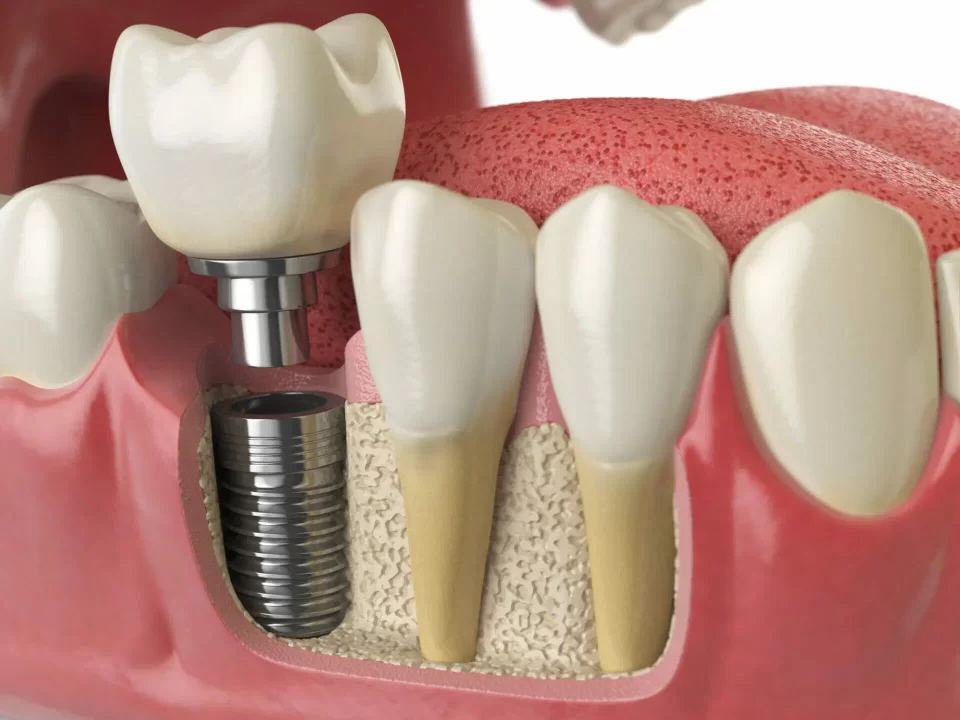Gum disease, if neglected, can lead to tooth loss, leading many patients to wonder if they can have dental implants. Even patients with gum disease who are not susceptible to periodontitis may prefer to replace lost or decomposing teeth with implants. Can gum disease prevent the implants from working well, or is this even possible?
A lot of people in Cotswold suffer from gum disease and always look for ways to improve both the looks and the functionality of their teeth with the help of dental implants. Contact a dentist in Cotswold, Charlotte, NC, to know if you can get dental implants while having gum disease.
Is it possible to get dental implants if you have gum disease?
Gum disease, also known as periodontal disease, grows when the gums get infected and bacteria-filled plaque binds to them. Many adults with gum disease are at risk of having additional health problems, including strokes, diabetes, and certain cancers, as well as losing their teeth. Patients who see their dentist at least twice a year are more likely to detect gum disease in its earliest stages or prevent it completely.
What are the signs of gum disease?
Gum illness presents itself in a number of ways, the most common of which are as follows:
- Puffy, tender, or swollen gums.
- Seeing blood when brushing or flossing
- Purple or red gums (bright or dark)
- Receding gum lines over time.
How Do Dental Implants Help Patients?
Dental implants can replace one or more lost teeth, but you need to keep good gum and tooth health to get the best results out of them. Some possible benefits of dental implants include the following:
- A natural and beautiful appearance.
- Strong and steady mouth support
- Better speech and eating ability Simple maintenance and cleaning
- Preventing bone loss and stress on surrounding teeth
Who is a good applicant for dental implants?
Dental implants are an appealing choice for many people who want to replace missing teeth, enhance their bite function, and even recover lost confidence. However, not everyone is an appropriate candidate for the treatment, and serious oral health issues must be treated first.
A suitable candidate for the dental implant treatment is:
- Someone having strong, healthy gums
Before getting dental implant treatment, a patient must first manage their gum illness. An ideal candidate for implants will have strong gums that are strong enough to support the implant.
- Someone with Good Oral Health
People who maintain good oral health practices, such as brushing and flossing frequently, tend to be better candidates for dental implant treatments. Maintaining these routines is vital for avoiding gum disease both before and after treatment.

